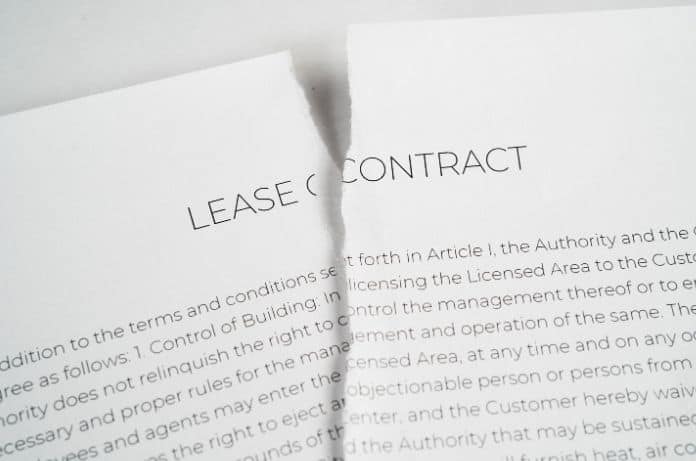A lease is a binding contract. However, it doesn’t always mean that if you signed it, you’re stuck with it. There are steps to take if you have to break your lease that can let you go without substantial financial penalties and with your reputation as a reliable tenant intact.
Reread Your Lease
Your lease likely has a clause in it that addresses what would happen if the tenant breaks the lease. Consequences can range from losing your security deposit to getting sued for money damages. But your lease may also provide for alternatives when you must move for good reasons, like accepting a job in another city, needing to take on a roommate, or a sudden financial setback that makes it difficult to pay your rent.
Read your entire lease to see if it permits subleasing (most states and cities require that leases allow subletting) or if the lease mentions lease assignment (when a new tenant takes over the lease). Recognizing that tenant circumstances can change, some landlords use leases that include early termination clauses that may allow you to leave without penalty. These may require substantial advance notice. Prepare documentation that complies with local laws about your reasons for leaving.
Plan Ahead, and Talk to Your Landlord
After you have familiarized yourself with the provisions in your lease that cover early departures, talk to your landlord. Put yourself in your landlord’s shoes—when you leave, the landlord will have a vacancy. Even though you will still be responsible for paying the rent if you can’t find a sublessee before your lease is up, landlords prefer to have their units occupied. Although unforeseen circumstances can put you in a tough spot, most circumstances that make it necessary for you to break your lease are predictable. If you can, start saving up a few months’ expenses in case you can’t find a new tenant for your landlord before you need to leave.
Negotiate
If you have been a responsible and reliable tenant, your landlord may be willing to negotiate your departure or even agree to reduce your rent for a period of time if you are suffering a sudden financial hardship. Document every conversation, and if you manage to come to an acceptable agreement with your landlord, get everything in writing.
Special Circumstances
Some tenants may be exempt from penalties and allowed to break a lease early without paying. Typical reasons are being called to active military duty, a landlord’s failure to maintain a habitable property, a landlord’s repeated violations of privacy or entering the premises without proper notice, serious health issues, or domestic violence. Consult a lawyer, tenants union, or charitable organization serving renters if these circumstances apply to you, and once again, gather documentation that verifies your circumstances.






